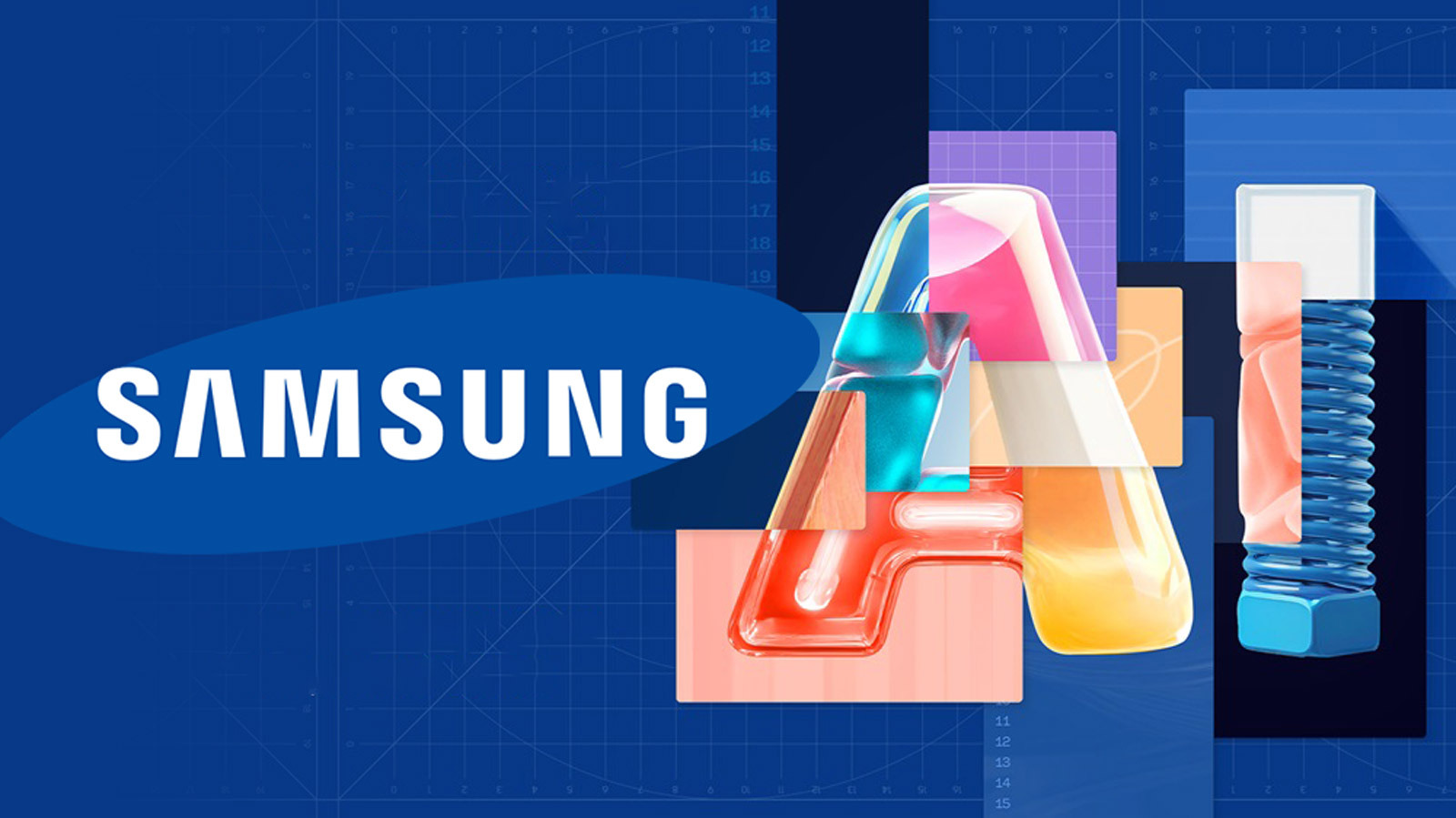
If you haven’t noticed it by now, we’re going through an artificial intelligence revolution. AI has long been leveraged to some degree on phones, but this year’s class of flagships have taken it to the next level.
Google, Apple, Microsoft, and Amazon have shown us this year how generative AI will be complementing their different devices, but now it appears as though Samsung will bring its own generative AI into the Galaxy S24 when the new flagship phones arrive next year.
The Galaxy S24 series, include the Galaxy S24 Ultra, is expected to be announced much earlier than previous years this January. Following reports earlier this week that Samsung planned to make AI a leading feature on the S24 phones, a Korea Times article adds more details — specifically that the generative AI integrated into the S24 phones will be called Samsung Gauss.
We know what you’re thinking: it’s an odd name, for sure, but it’s referring to Carl Friedrich Gauss, a mathematician who famously established distribution theory, which is the foundation of machine learning and AI. Samsung Gauss will be an on-device generative AI model that will run locally, rather than through the cloud-powered language models, resulting in faster actions.
Samsung’s going to need to make an impressive showing, considering how rival devices like the Pixel 8 and Pixel 8 Pro have shown the power of Google AI with features such as Best Take, Magic Editor, and Google Assistant’s new Screen Call feature to accept phone calls for users. Samsung Gauss is currently being used internally by Samsung employees, but here’s everything that it will do.
Helping to write emails for you
As you’d suspect, one of the easiest implementations with Samsung’s generative AI is helping you out with sending emails. Samsung doesn’t detail much about it, but we suspect that Gauss help compose emails — probably by leaning on contextual information to generate responses.
While it’s presumed that Samsung Gauss would help with completing sentences and offer recommendations as you type, it’ll be interesting to see if it could do more. Perhaps Gauss could generate an entire response based on previous conversations?
Translating content
One of the benefits of using Google’s Pixel 8 is the ability of that phone's Tensor G3 chipset to help automatically translate messages in many third-party apps, incuding WhatsApp. Translation is integrated in such a way that the phone will do it in the app, rather than forcing the user to switch back and forth with Google Translate.
Samsung Gauss is expected to do this as well, but the question is if it’ll be a similar implementation or simply isolated to select apps.
Summarizing documents
This one’s not terribly surprising, but if you’re the type that prefers Cliff Notes versions of documents, then you might find Samsung Gauss’ ability to summarize documents handy.
Pixel 8 phones provide a similar “Summarize” feature that only works in Google Chrome or the Google app, so we’re hoping that Samsung Gauss will be able to expand its summarizing function to everything.
AI-generated images
Content creators will be able to lean into a particular feature that could come to the Galaxy S24 series with Samsung Gauss Image, the company’s generative image model. This would give users the ability to generate images based on their input.
It's much like having a photo editor who can make logos, signs, and other posters, but it would be all on the Galaxy S24. Additionally, Gauss should be able to also help convert low-resolution images to high-resolution versions.
But there could be a catch...

Samsung Gauss is shaping out to be a driving force for the company’s upcoming phones, but there could be a catch. There was a rumor hinting that the Galaxy S24's biggest AI features could be stuck behind a paywall. It’s unknown whether all or some of these Samsung Gauss features will come at a monthly or one-time cost to owners.
Paywalled AI would be a new model that we haven’t necessarily had previously, but these features will need to prove to people that they’re worth worth the extra out of pocket cost — assuming Samsung really does plan to charge a subscription fee.







